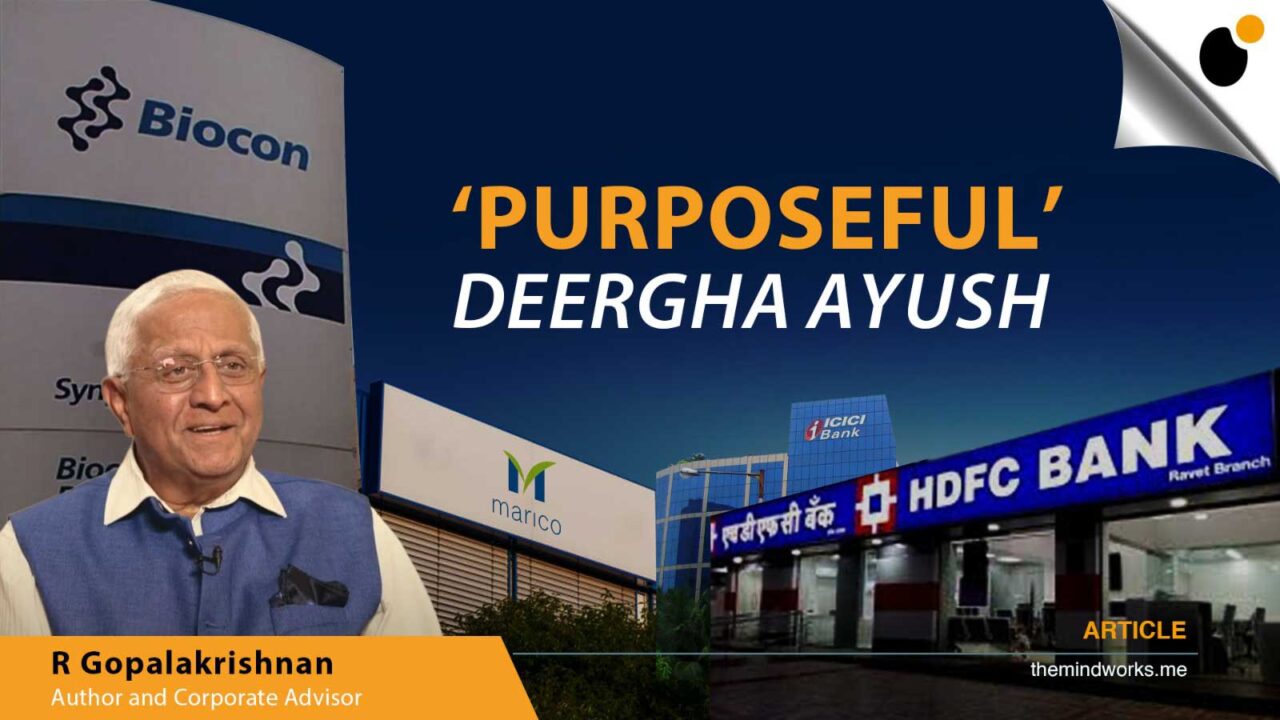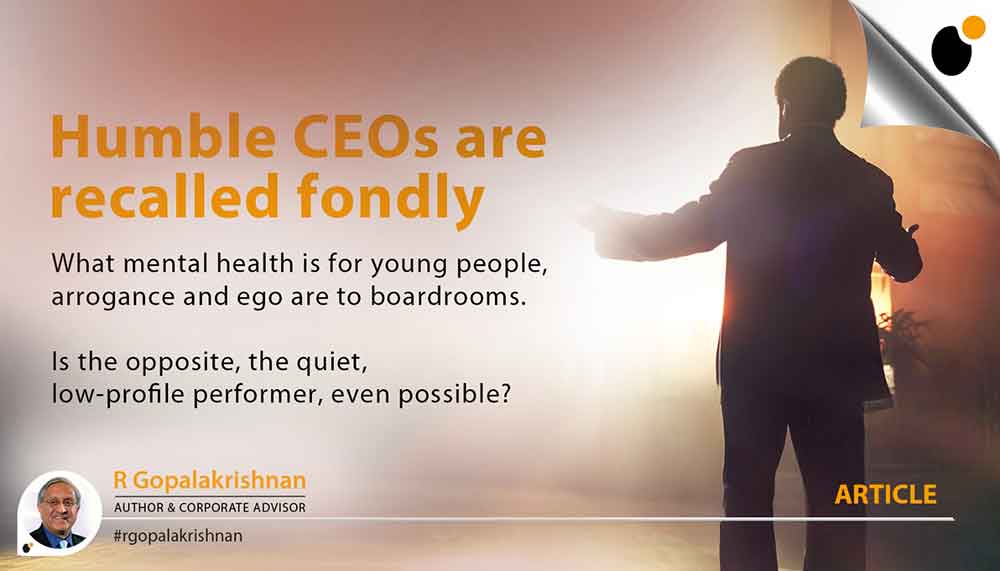4th December 2006, ECONOMIC TIMES
All endings are also beginnings. It is just that we don’t know it at that time. In a delightful book, The Five People You Meet In Heaven, Mitch Albom narrates the story of an 83 year old war veteran, who discovers people who affected his life without anyone knowing about it.
This is true for managers also. Views from casual acquaintances who are not formally assigned the role of being a well-wisher can be extremely valuable. Their ideas come like gentle drops of rain that fall around you without making their presence felt too strongly, nor being intrusive.
When I grew up in Calcutta, it was a premier mercantile city, still maintaining the famous boxwallah tradition. Any young person walking around the office areas like Fairlie Place and Brabourne Road would yearn for a management trainee job in those business firms—Andrew Yule, Balmer Lawrie, Bird and Company, and Martin Burn, names that have now virtually vanished.
I was completing my final year BSc course, resident at the college hostel. Father de Bonhome, the principal of St Xavier’s College, asked me whether I would like to be recommended for a trainee’s job at McKinnon McKenzie. It was a fine firm, he could suggest only two from the whole college, and the salary would be Rs 450 per month. I calmly said that I was honoured to be recommended; in reality, I was thrilled. I did not consult my father, who had by then moved to Bombay.
With a borrowed suit and soaring dreams, I interviewed at the McKinnon office. After being seen by two managers, I saw one Mohi Das, the managing director. He asked me several thoughtful questions. As I was getting convinced that I had done well and might actually get the job, he drew up close to me and asked, “Son, may I call you that way? Don’t get me wrong, but you are just past eighteen. You can have the job; we can train you quite well. But, tell me, do you need the job? How is the family situation?”
I was a bit offended, what did my family situation have to do with the job? He clarified, “Well, I have spent my career in one set of circumstances, but you will spend your career in an entirely different set of circumstances. I feel you should get a professional degree. You can always get this kind of job, son—unless the family situation requires you to get a job right now”.
How could he dangle one of the most prized jobs in front of me and then say what he did? I just did not want to listen to him. And I was quite clear about my future (or so I thought) without asking too many people!
Reluctantly, I decided after some further thought that I should mention to my father that I wish to accept the job. He was furious that I could even think of taking a job. My dream job ended like a collapsed balloon. I went on to study further and joined Hindustan Lever subsequently.
I never met Mohi Das after that encounter. He retired in due course. A few years ago, I learned that he had died in Coonoor. He would not recognize this story even if I had the chance to remind him. He influenced and counseled me about my career in a valuable way, but unknowingly.
Like gentle drops of fine rain that touch you but do not interfere with you, casual advice comes your way. You need to listen to and reflect on them. Then take your own decision. Particularly for a generation that is as blessed as young people are in today’s India, this would be wise.



